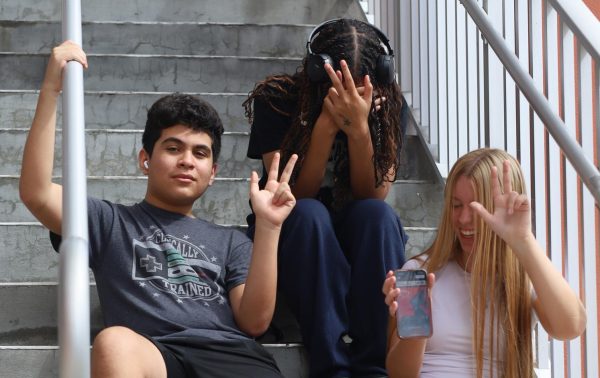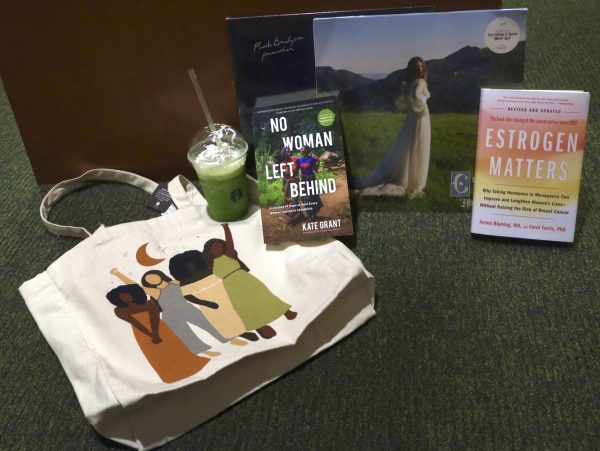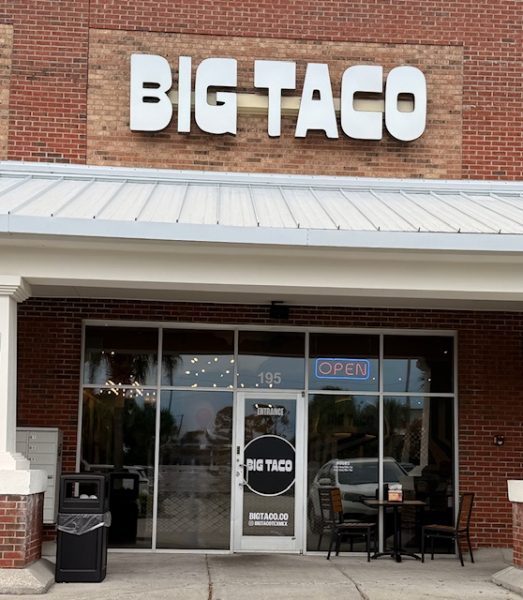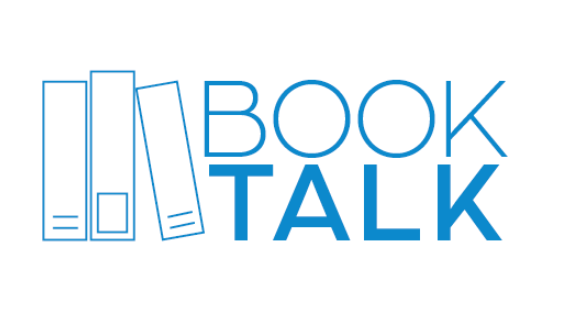The Comic Critic: Let there be light
It’s the age-old rivalry, one that has gripped the comic book world for decades, and now, that rivalry has spilt into the world of cinema and television. It’s Marvel vs. DC.
With a double digit number of movies (and countless seasons of television) based on heroes from these two comic book giants to be released in the future, this column will specialize in reviewing these movies and series. So, when a new superhero movie releases or a new Netflix series drops, The Comic Critic will soon arrive once more.
This issue will focus a lot on Marvel and D.C., and one stark contrast that doesn’t take a super fan to figure out is that they tend lean to opposite sides when it comes to light and dark tones.
While DC shows the viewer complex characters and motivations, Marvel has always found a way to make us laugh. Marvel’s humor and wit has been a key aspect in the studio’s rise to popularity and is a genius way to keep the audience engaged during a film. From the dance-off between Peter Quill (Chris Pratt) and Ronin the Accuser (Lee Pace) to The Five Stairsteps’ ‘Ooh Child’ in Guardians of the Galaxy, to Hulk (Mark Ruffalo) calling Loki (Tom Hiddleston) a “puny god” after beating him to a pulp in The Avengers, Marvel proves that laughter can be the best medicine.
On the television side, it’s actually not Marvel that cracks most of the jokes or has a lighter atmosphere. The CW has come a long way from Arrow’s debut in 2012, and since then they have added three more shows to their superhero lineup: The Flash, Legends of Tomorrow and its most recent addition, coming over from CBS, Supergirl. All these shows have been well received by audiences and while part is its great use of character drama and unbelievable-for-the-budget action scenes, it’s the show’s use of comedy and lighter elements that make all the characters relatable. Cisco Ramon (Carlos Valdes) and his movie references, Felicity Smoak (Emily Bett Richards) with her motor mouth and even the villainous Leonard Snart (Wentworth Miller) with his snark are just three highlights in the quartet.
Marvel’s television, on the other hand, isn’t so sunshine and rainbows. Netflix series like Daredevil, Jessica Jones, and Luke Cage show us a darker corner of the Marvel cinematic universe, exploring topics like sexual abuse and racial tension. Meanwhile, Agents of S.H.I.E.L.D., currently Marvel’s only show airing on ABC, has also taken a turn to the dark side with the introduction of Ghost Rider (Gabriel Luna), and moving to the 10 p.m. timeslot, a timeslot that airs slightly darker content. Despite the difference in tone from their films, Marvel’s programming is still getting a similar amount of, if not more, praise, proving to us that Marvel doesn’t have to save the world and crack one-liners to draw in an audience.
While Marvel’s brand of darkness has garnered high acclaim, DC movies have both been praised and panned for its darker tone. In some ways, it works very well. Superheroes like Batman are meant to be darker and grittier than the rest, as evidenced by the warm reception of Ben Affleck’s Batman in Batman V. Superman: Dawn of Justice. Though, for others, like Superman, the dark tone does not suit him because of many previous movies that cause audiences to already have a general picture of who they believe Superman is, a symbol of truth, justice, and optimism. This was a key to reason to why Henry Cavill’s incarnation of the kryptonian has had a generally lukewarm reception since his debut in Man of Steel.
It’s all a matter of balance. Marvel’s darker television supplements its lighter movies, and DC’s lighter shows on The CW supplement its darker films, but they are never completely one or the other.
Daredevil can still provide you with a few laughs and Captain America: Winter Soldier is one of Marvel’s most praised films because it was a bit darker than the average Marvel flick, just like how The Flash has Barry (Grant Gustin) struggling with his mother’s death and Alfred Pennyworth (Jeremy Irons) is able to elicit a few chuckles in Batman v. Superman: Dawn of Justice. However, the key to a great superhero show or movie isn’t the tone of the movie overall. It’s all about choosing the right tone for the right moments, and no matter if it’s light or dark, all an audience really wants is a good product.
Your donation will support the student journalists of Hagerty High School. We are an ad-free publication, and your contribution helps us publish six issues of the BluePrint and cover our annual website hosting costs. Thank you so much!







